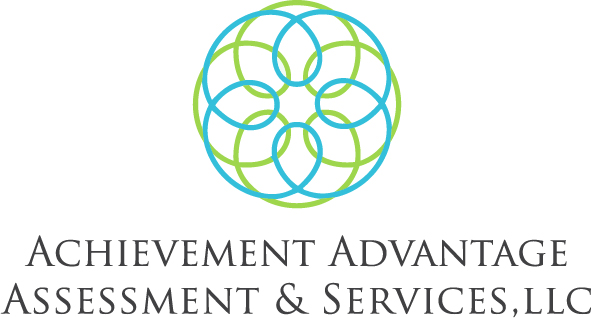In our last blog post, we talked about the steps you should take with your school’s education team if you suspect your child may have a disability. We suggested that you work with your child’s teacher and the rest of the team first (sometimes called Intervention Assistance Team, RTI Team, MTSS Team or Problem Solving Teams) so that your child can get the extra support they need in school and so the team can gather helpful information about what interventions work best for your student.
But what should you do if your child is receiving intervention and is not showing appropriate growth or if they stay significantly behind their peers? In this case, you may choose to request an evaluation to determine if they qualify for special education services. In Ohio, schools must respond to your request within 30 days of receiving it. This does not necessarily mean that they must conduct the evaluation, but this begins the process. It is best to put your request in writing and provide it to your child’s school psychologist, teacher, or principal.
Request a Special Education Evaluation
In order to write the most effective letters, we recommend to include the following:
State that you are formally requesting an evaluation to determine if your student is eligible for special education service.
Provide information about your child such as their name, date of birth, school, grade, and teacher’s name.
Indicate that your child is not making expected progress, and that you suspect a disability.
Note any specific areas of difficulty your child may be experiencing (academic skills, attention, social/emotional, behavioral, communication, motor, social skills, sensory, etc.).
Provide information about what makes you suspect a disability. This might include:
Past and current interventions, and any progress monitoring information
Report card information
Assessment information from state testing or the classroom
Any current medical diagnoses.
Any outside support your child receives, such as tutoring, mental health counseling, or other therapies
All of the support you provide them because of their difficulties.
Meet with the Team
Within 30 days, you should be invited to speak with the team. At that time, you will review the data, and the team will decide if they suspect a disability and whether to move on with an evaluation. If you have not received a response within 30 days, you should follow up with the school’s principal and/or the superintendent. If your student has been provided interventions and there is data to demonstrate their difficulties in school, the team will likely agree to an evaluation. If the team does not suspect a disability, the should come up with a plan on how to address your concerns and schedule a follow up meeting to go over new data based on the plan.
Unfortunately, at times you may find yourself disagreeing with the team. It is important to know that you have rights and that there are resources for you. You may opt to pursue a private evaluation. While this type of assessment would be at your own expense, you also have more input about the evaluation process, and your concerns drives it much more than it might in a school setting. Additionally, many schools have a parent mentor that is free of charge to you and can offer you information and attend meetings with you. You may also choose to seek a private advocate. In this case, make sure that you choose someone with a strong educational background and good reputation in the area. The Ohio Department also offers information about parent rights on their website that can be accessed by clicking here. The Ohio Coalition for the Education of Children with Disabilities (OCECD) may also be another helpful resource if you are having difficulty coming to a resolution with the school.
Next post, we will write about what happens during the evaluation process once the team suspects a disability.


